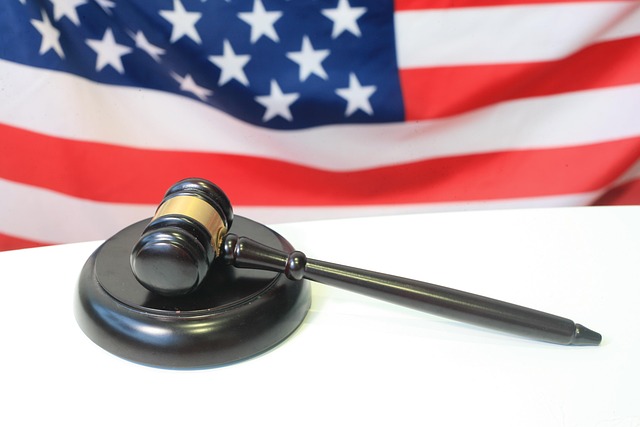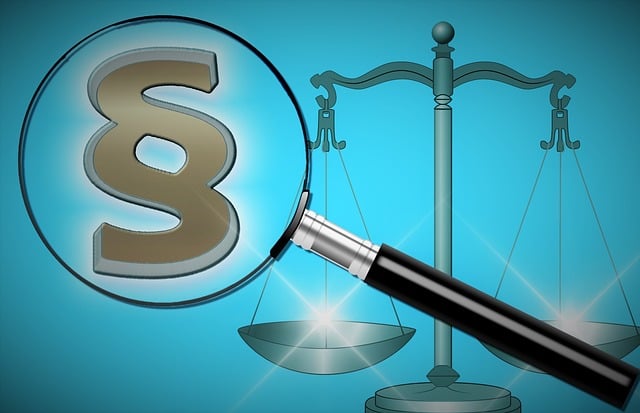Fraud prevention requires a multi-faceted approach combining legal insights from libel cases, advanced tech like AI/ML for anomaly detection, and robust internal controls. Civil courts play a crucial role in exposing financial fraud through meticulous data analysis, ensuring justice and reputation protection. Organizations must adopt strategic measures including employee training, technology solutions, policy updates, access controls, segregation of duties, and staying informed about legal precedents to effectively combat evolving schemes.
“Financial fraud detection is a complex yet critical aspect of modern finance, with sophisticated schemes constantly evolving. This article delves into essential strategies and tools used in identifying and preventing these illicit activities. We explore common fraud schemes plaguing the financial sector, focusing on the transformative role of Artificial Intelligence (AI) and Machine Learning (ML). Additionally, it highlights libel case examples in civil court, showcasing the legal protections in place for reputations wrongfully tarnished. We also navigate the legal framework governing financial fraud litigation and share best practices for organizations to fortify their defenses against fraudulent threats.”
- Understanding Common Fraud Schemes in Finance
- Role of AI and Machine Learning in Detection
- Libel Case Examples: Protecting Reputations
- Legal Framework for Financial Fraud Litigation
- Best Practices for Organizations to Prevent Fraud
Understanding Common Fraud Schemes in Finance
Understanding common fraud schemes is a crucial step in financial fraud detection. These schemes evolve constantly, from phishing scams to complex money laundering networks. By staying informed about the latest tactics, financial institutions and regulatory bodies can better equip themselves to identify potential red flags. For instance, Ponzi schemes, where investors are promised high returns with little risk, have been a persistent problem. Another growing trend involves identity theft, where criminals use personal information to open fraudulent accounts or make unauthorized transactions.
Moreover, examining libel case examples in civil court can offer valuable insights into the legal implications of financial fraud. These cases highlight the importance of accurate record-keeping and robust internal controls in preventing and prosecuting fraudulent activities. Achieving extraordinary results in fraud detection requires a comprehensive approach that involves all stages of the investigative and enforcement process, from initial anomaly detection to post-incident forensics and recovery efforts. This holistic strategy ensures that businesses are not just responsive but proactive in safeguarding their operations against financial fraud.
Role of AI and Machine Learning in Detection
The integration of Artificial Intelligence (AI) and Machine Learning (ML) has revolutionized financial fraud detection, enabling institutions to identify complex patterns and anomalies with unprecedented accuracy. These advanced technologies analyze vast datasets, including transaction histories, customer behavior profiles, and external data sources, to uncover fraudulent activities that may go unnoticed by traditional methods. AI algorithms can learn from historical libel case examples in civil courts, where patterns of deceptive practices have been documented, and apply this knowledge to predict and prevent future fraudulent schemes.
By leveraging ML models, financial institutions can achieve extraordinary results in fraud detection, ultimately winning challenging defense verdicts in jury trials. The ability to process and interpret large volumes of data quickly allows for real-time monitoring and response to suspicious activities. This proactive approach not only minimizes financial losses but also enhances the overall security of transactions, ensuring a robust defense against evolving fraudulent tactics.
Libel Case Examples: Protecting Reputations
In the realm of financial fraud detection, libel case examples in civil courts play a crucial role in protecting reputations and upholding justice. When individuals or entities are wrongly accused of fraudulent activities, they have legal recourse to defend their integrity. These cases often involve complex financial transactions, intricate data analysis, and the meticulous unravelling of misleading information. By examining all stages of the investigative and enforcement process, from initial reports to final verdicts, civil courts ensure that accusations are based on concrete evidence rather than baseless claims.
Through libel case examples, the legal system demonstrates its commitment to preserving the dignity of both victims and accused. This is particularly significant in philanthropic and political communities where reputations can be easily tarnished by unsubstantiated allegations. Avoiding indictment without robust proof serves as a safeguard against wrongful conviction, fostering an environment where financial fraud claims are investigated thoroughly before any consequences are attached.
Legal Framework for Financial Fraud Litigation
The Legal Framework for Financial Fraud Litigation is a robust and evolving system designed to protect individuals and institutions from economic harm. Central to this framework are civil court proceedings, which often serve as the primary avenue for resolving cases of financial fraud. In these suits, plaintiffs must navigate complex legal terrain to achieve extraordinary results against sophisticated defendants. The landscape includes intricate rules of evidence, strict statutes of limitations, and precise definitions of what constitutes fraudulent activity.
One notable aspect of this framework is the role of libel cases within civil court. Examples abound where individuals have successfully pursued libel claims related to financial fraud, securing winning challenging defense verdicts. These victories not only compensate victims but also send a strong message that financial fraudsters will be held accountable. Furthermore, the complete dismissal of all charges in certain cases highlights the effectiveness of this legal approach in deterring and punishing fraudulent behavior.
Best Practices for Organizations to Prevent Fraud
To prevent financial fraud, organizations should adopt a multi-layered approach that combines robust internal controls, employee training, and advanced technology solutions. Regularly reviewing and updating policies to reflect industry best practices is essential. This includes implementing strong access controls, segregation of duties, and independent audits. Training programs should educate employees on recognizing suspicious activities and the importance of ethical conduct. Additionally, leveraging data analytics and AI-driven fraud detection systems can help identify anomalies and patterns indicative of fraudulent behavior more efficiently than traditional methods.
Beyond these measures, staying informed about legal precedents, such as libel case examples in civil courts, can provide valuable insights into how to structure policies and responses to mitigate risks. A solid understanding of white collar defense strategies for his clients is crucial for organizations to navigate the complexities of financial fraud cases effectively. Moreover, fostering a culture of transparency and accountability among employees, especially those involved in financial transactions, can significantly deter potential white collar and economic crimes.
Financial fraud, a complex and evolving threat, demands a multi-faceted approach. By understanding common schemes, leveraging AI and machine learning technologies, and adhering to robust legal frameworks, organizations can effectively protect themselves. As illustrated by libel case examples in civil court, reputation management is a critical aspect of fraud prevention. Implementing best practices, such as rigorous internal controls and employee training, becomes essential to staying ahead of fraudulent activities. In today’s digital era, these strategies are not just recommendations but necessary tools for financial institutions to safeguard their operations and maintain public trust.






